Google co-founders talk search speeds, driverless cars & potential M&As
Search giant's co-founders highlight shortcomings of internet searches, and talk up driverless cars during conference talk
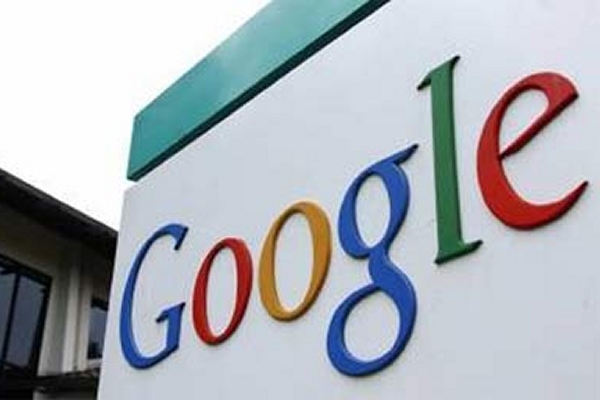
Google co-founders Larry Page and Sergey Brin claim there is still a lot of work that needs to go into speeding up the time it takes to retrieve information from the web.
The company is now most web users' defecto means of scouring the internet for information, but the pair thinks more needs to be done to connect people to the information they need in the shortest time possible.
Speaking during a Q&A at the KV CEO Summit, Page said users should be spared from having to trawl through pages of results when they submit a query, and be connected directly to the answers they seek.
This, he admits, was one of the reasons why the firm's trademark "I'm Feeling Lucky" button was originally introduced, but it didn't work too well.
However, this is the type of scenario the company hopes will become possible as time goes on.
"I think the actual amount of knowledge you get out of your computer verses the amount of time you spend with it is still pretty bad," he said.
"So I think our job is to solve that, and most of the things we're doing make sense in that context."
Get the ITPro daily newsletter
Sign up today and you will receive a free copy of our Future Focus 2025 report - the leading guidance on AI, cybersecurity and other IT challenges as per 700+ senior executives
During the talk the pair also shed some further light on how the firm was nearly swallowed up by some of its long-forgotten search rivals, including Lycos and Excite, during the late 1990s.
"I don't know how long I would've stayed, to be honest [if the deal with Excite had taken place]," admitted Brin.
"I don't know if it would've been a good acquisition for them... I don't know that we would've been so passionate or productive or what not," he added.
If the deal had gone ahead, the technology landscape may have looked completely different today, as Google's presence in recent years has moved way beyond search and into devices, cloud-based productivity tools and unmanned cars.
In the case of the latter, the duo also fleshed out their vision for driverless cars when asked if they were planning to build the vehicles themselves.
"I'm very excited about the technology that we're building, but it's still in its early stages. I think eventually, in the future, there might be multiple partners or companies that we work with that some of them can be manufacturers and some might be service providers," said Brin.
"Right now, we're working hard to just get the basics so the technology [is] working."
-
 Cleo attack victim list grows as Hertz confirms customer data stolen
Cleo attack victim list grows as Hertz confirms customer data stolenNews Hertz has confirmed it suffered a data breach as a result of the Cleo zero-day vulnerability in late 2024, with the car rental giant warning that customer data was stolen.
By Ross Kelly
-
 Lateral moves in tech: Why leaders should support employee mobility
Lateral moves in tech: Why leaders should support employee mobilityIn-depth Encouraging staff to switch roles can have long-term benefits for skills in the tech sector
By Keri Allan
-
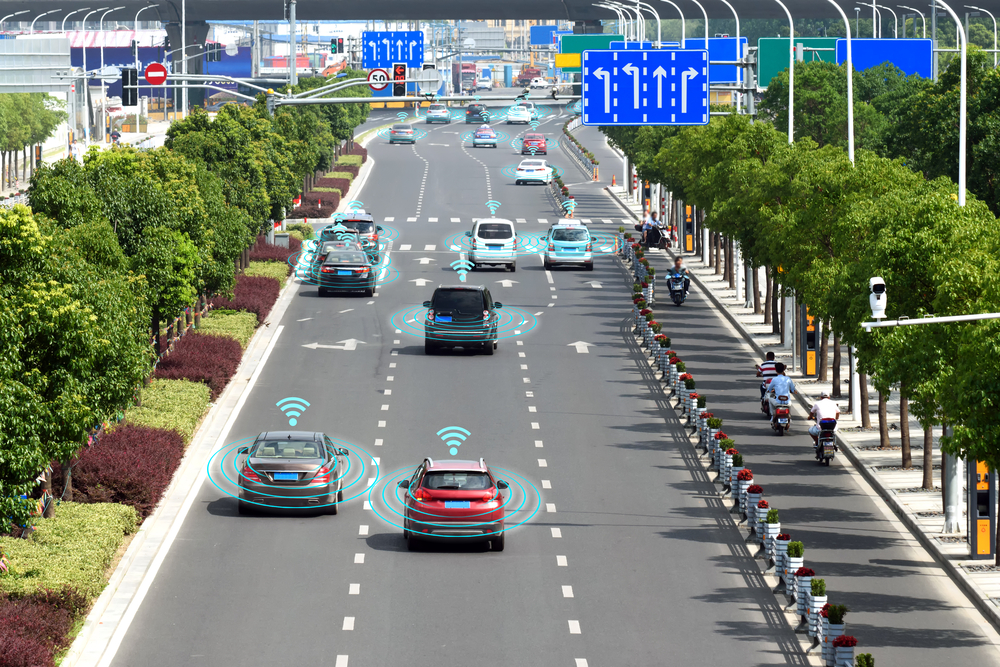 Continental and AWS unveil cloud-based automotive software
Continental and AWS unveil cloud-based automotive softwareNews CAEdge will arrive in the second half of 2021
By Praharsha Anand
-
 Cognizant acquires digital automotive firm ESG Mobility
Cognizant acquires digital automotive firm ESG MobilityNews The deal marks Cognizant's fourth acquisition in 2021, the thirteenth since January 2020
By Praharsha Anand
-
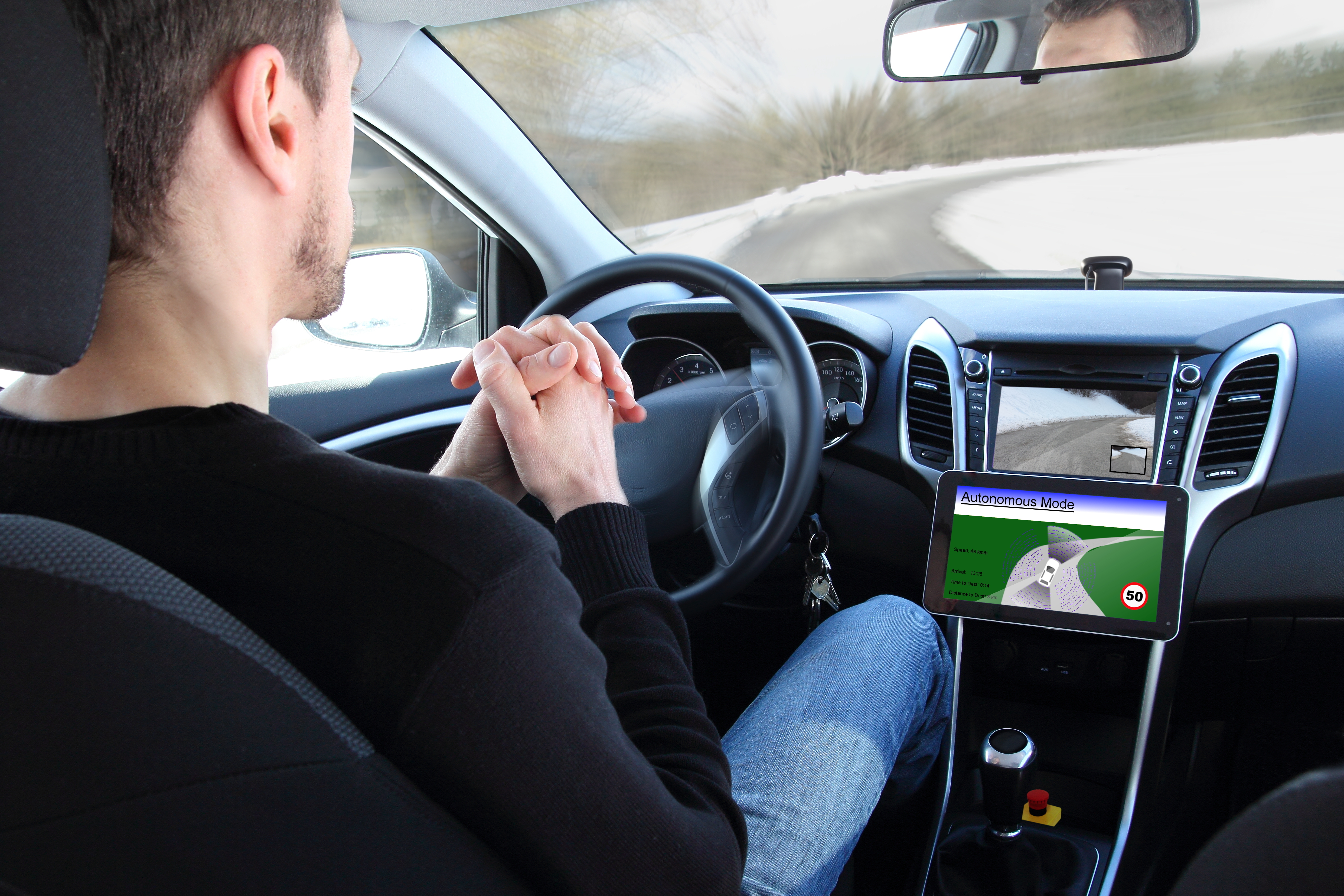 US unveils nationwide data platform for self-driving cars
US unveils nationwide data platform for self-driving carsNews The effort is meant to bring transparency to the ongoing testing of driverless vehicles
By Mike Brassfield
-
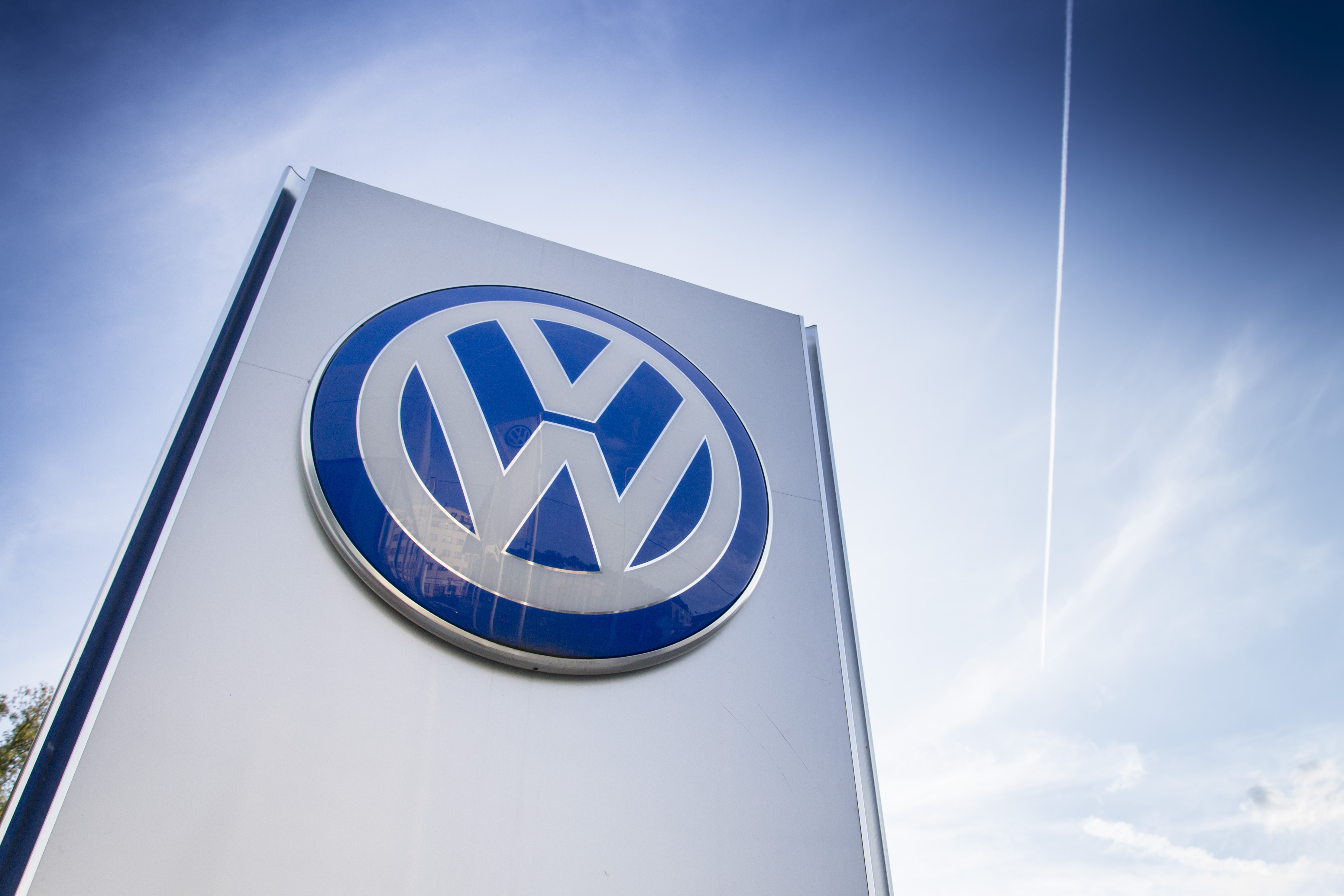 Argo AI closes $2.6 billion deal with Volkswagen
Argo AI closes $2.6 billion deal with VolkswagenNews Self-driving startup expands its operations to Europe with headquarters located in Munich
By Sarah Brennan
-
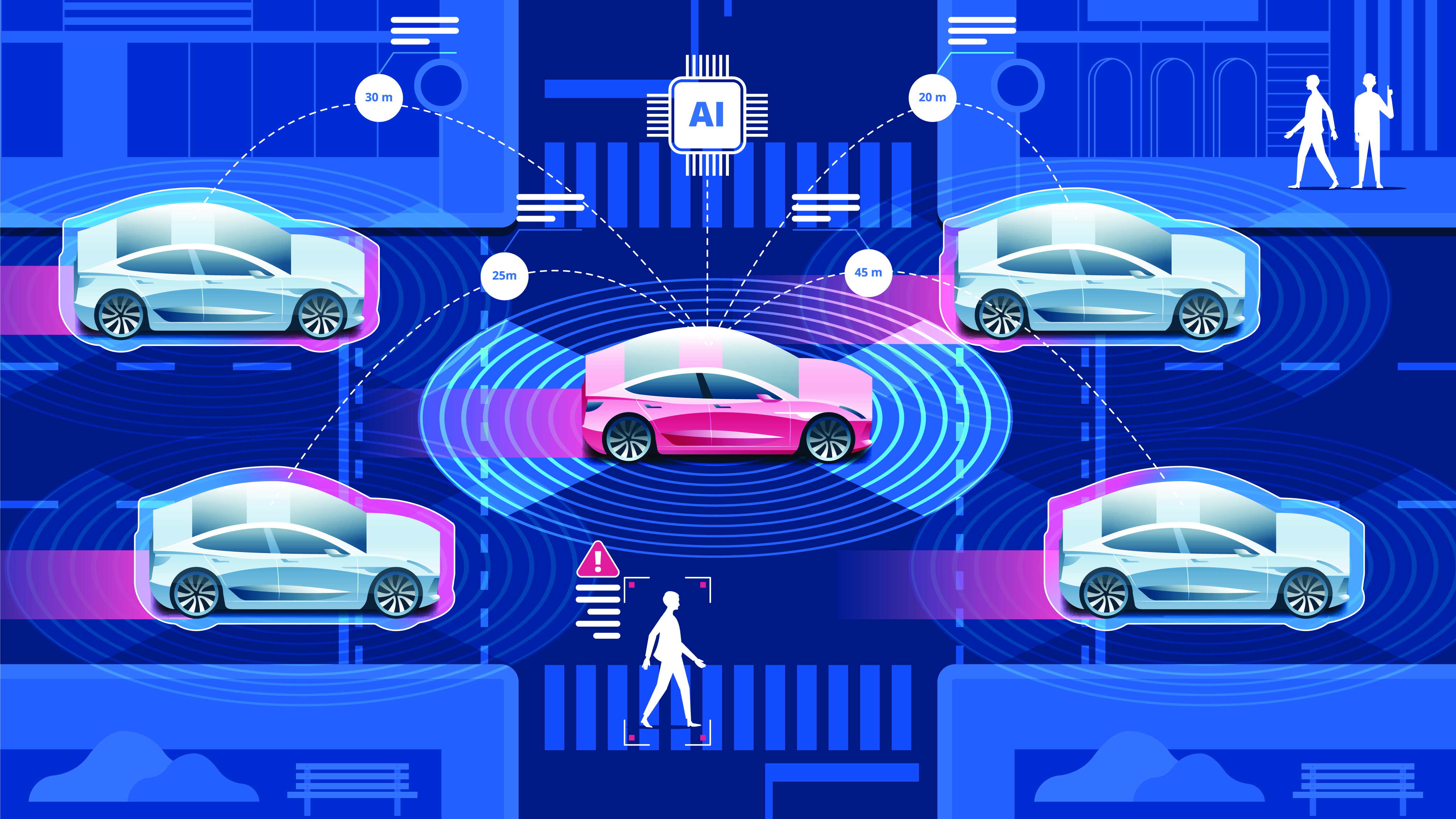 The slow road to driverless cars
The slow road to driverless carsIn-depth We’ve been hearing about self-driving cars for years. But TRL is already testing them on London roads, building testbeds and trials to discover how people will react to automated vehicles
By Rory Bathgate
-
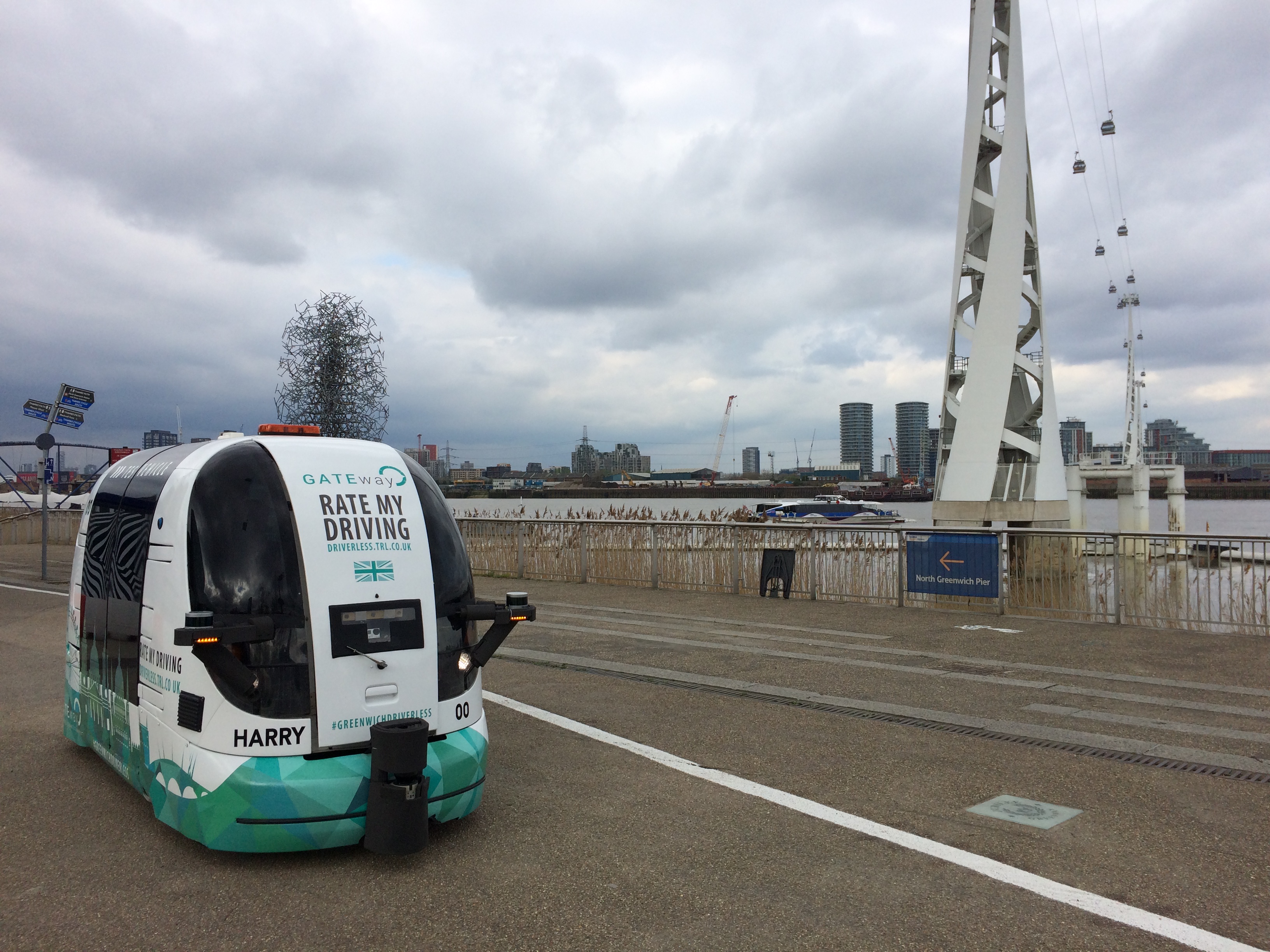 Oxbotica trials driverless shuttle in Greenwich
Oxbotica trials driverless shuttle in GreenwichNews 'Harry' is one of a number of GATEway projects testing autonomous vehicles
By Zach Marzouk
-
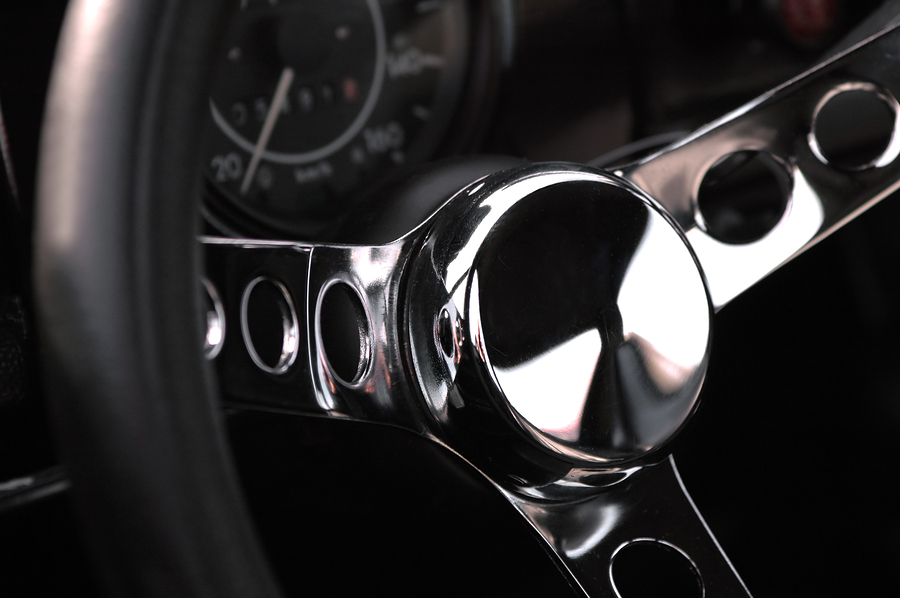 Government wants to let driverless cars hit UK motorways
Government wants to let driverless cars hit UK motorwaysNews Consultation plans to overhaul Highway Code and insurance legislation
By Joe Curtis
-
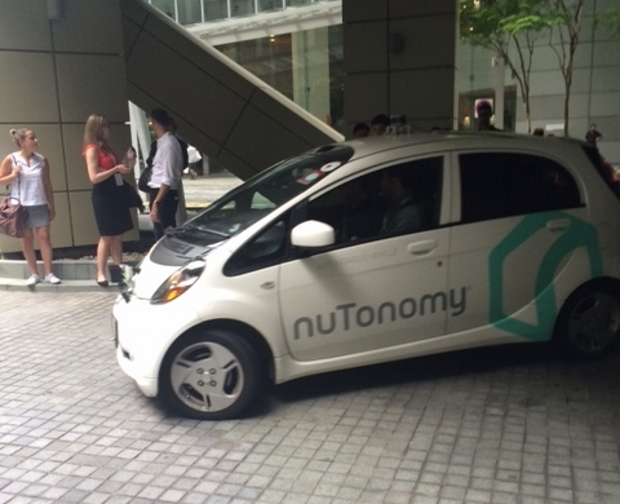 Urban driving is next big challenge for autonomous cars
Urban driving is next big challenge for autonomous carsNews A driverless car start-up wants to bring autonomous taxis to the streets of Singapore and the US
By Caroline Preece